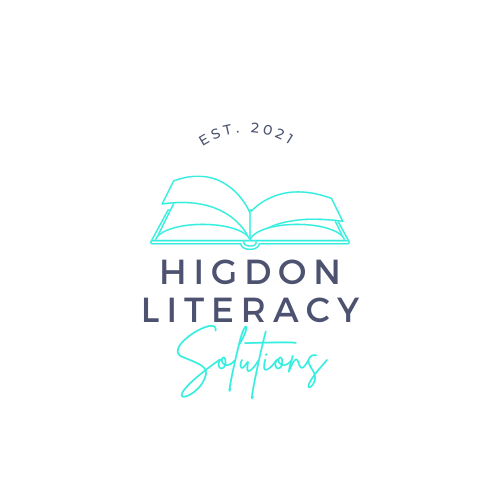How to Teach Students with Learning Disabilities in a Classical Setting
Classical education, with its focus on truth, beauty, and goodness, is a rich environment where all students can flourish. Yet for students with learning disabilities, the traditional tools of a classical classroom—dense texts, handwritten essays, and timed written tests—can sometimes feel like barriers rather than gateways. With thoughtful approaches, however, these students can thrive while still experiencing the full depth of classical learning.
Here are three powerful strategies to support students with learning disabilities in a classical setting.
1. Lean into the Socratic Method
One of the strengths of classical education is its reliance on dialogue and discussion. For students who struggle with reading or writing, the Socratic method removes the weight of decoding text and shifts the focus to reasoning and expression.
Asking open-ended questions, encouraging students to verbalize their ideas, and guiding them toward deeper understanding allows them to participate fully. In this way, students are judged not on how quickly they can read a passage, but on their ability to think, connect, and articulate. This approach not only accommodates their challenges but also highlights their strengths.
2. Harness the Power of Audiobooks
Great books are at the heart of classical education. For a student with dyslexia or other reading challenges, however, accessing those books can be daunting. Audiobooks are a bridge that makes literature accessible.
When students listen to The Iliad, Paradise Lost, or The Federalist Papers read aloud, they’re freed from the mechanical process of decoding words and can focus instead on meaning, themes, and ideas. Pairing audiobooks with printed text can also support vocabulary growth and improve comprehension over time.
Providing access to audiobooks ensures that no student is left out of the joy of encountering the great works.
3. Offer Oral Testing and Assessments
Written tests often disadvantage students with learning disabilities—not because they don’t know the material, but because the act of writing itself becomes an obstacle. Offering oral assessments levels the playing field.
In an oral format, students can demonstrate what they know, engage in dialogue with the teacher, and show mastery of content without the barrier of written expression. For example, instead of writing a timed essay on the causes of the Peloponnesian War, a student might explain it verbally, respond to follow-up questions, and show the same—or greater—depth of understanding.
This approach affirms the value of knowledge itself, rather than the speed or method by which it is expressed.
A Final Thought
Classical education is not about rigid uniformity; it is about cultivating wisdom and virtue. By embracing the Socratic method, incorporating audiobooks, and assessing students orally, teachers can open the doors of classical learning to students with learning disabilities.
These adjustments don’t water down the rigor of a classical education—in fact, they uphold its very essence: to invite every student into the great conversation across history, literature, and ideas.


